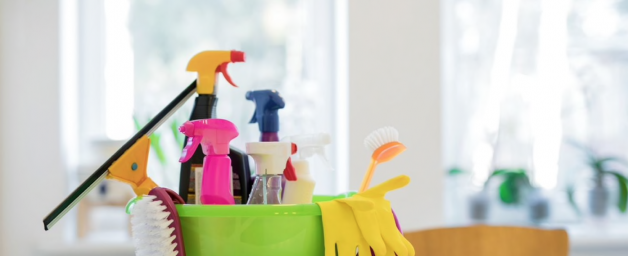Advertisements have become a part of everyday life. We’re exposed to them on TV, trains, buses and even bathrooms at pubs.
With so many goods and services vying for our attention, is it any wonder that some companies try and bend the truth in order to sell their products? Enter the faux “natural” cleaning products.
Traditionally the cleaning sector has been heavy on harsh chemicals, but that is changing as consumers become more environmentally aware. However, not all companies have joined the party, with many choosing to alter their marketing instead of their products.
Below you’ll find some of the most common marketing tricks used to sell cleaning products to the eco-conscious consumer.
All natural” doesn’t always mean safe
The term “all natural” has become such a marketing buzzword that it now means almost nothing. One thing it doesn’t necessarily mean is “safe”.
Take ammonia, for example, which is a naturally occurring substance. It’s a compound made up of nitrogen and hydrogen (which I’m sure you’ll remember from the periodic table). Ammonia, while considered harmless in small amounts, can wreak havoc in concentrated quantities.
Hydrogen peroxide, another example of a compound that occurs naturally, is useful for cleaning but should be avoided in anything more than tiny amounts.
Everything is “bio-degradable”… eventually
There’s a great debate between paper and plastic. Many believe that paper is better because it actually breaks down. But did you know that plastic is bio-degradable as well? It just takes a lot longer. That’s why it’s an inferior choice to paper.
Cleaning product manufacturers love using terms like “bio-degradable”. It sounds great and they don’t have to be specific. Sure, its bio-degradable, but like the paper vs plastic debate it’s the time taken to do so that’s important. Some cleaners get into our water ways and feed algae before they have a chance to break down naturally. This causes a huge problem for our water supplies and sewage systems.
Some “green” products can turn me red… with anger
Green is all the rage right now and rightfully so. We all want to protect the planet and do our bit to minimise the use of harsh chemicals. But did you know that anyone can call their product “green” without any form of regulatory backing or approval?
So, be sceptical of products touting how “green” they are, without doing further research.
Environmentally friendly products may not be so friendly
There is little regulation on using the term “environmentally friendly” on a product label. As long as your product is free of toxins you can make this claim. However, being non-toxic to humans and good for the environment are two different things.
Take the example of phosphates (a common ingredient in household cleaners). You can swallow a lot of phosphates without getting sick so technically it’s not toxic. However, excess phosphates in our waterways contaminates our oceans and reservoirs by enabling growth of bacteria and algae.
How to tell which products are right for you
By now you probably realise it’s safe to ignore any mention of “natural”, “green”, “bio-degradable” or “eco-friendly” on a cleaning product label. Instead aim to purchase cleaning products with specific claims. Look for terms such as “plant-based”, “no phosphates” or something specific like “bio-degradable in 50 days”. The more specific the claim, the more likely it is to actually mean something.
Michael Brooke has been cleaning homes, carpets and a few pubs and clubs for more than 15 years. His team at Carpet Cleaning Sydney are huge advocates of green cleaning products, so give them a call if you want advice on cleaning green.






Comments on this entry are closed.